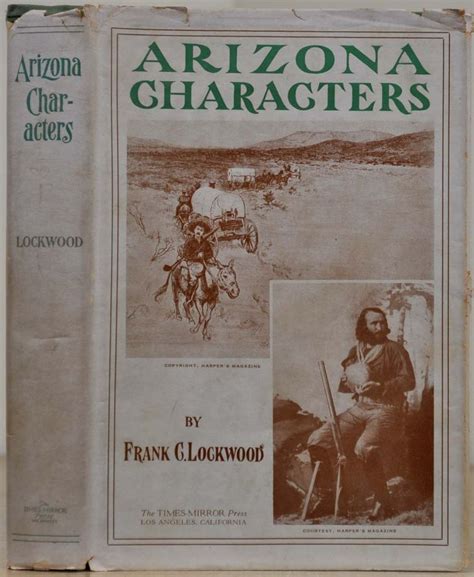Цитата Мехмета Мурата Ильдана
Всегда большая честь упомянуть истину, которая еще не получила широкого распространения. Одна из этих истин состоит в том, что у человека нет души; у него есть только «тело» и «ум». Непоколебимая вера человека в душу не изменит этой научной истины! Никакая вера не может быть выше научных истин! Человек может родиться, может ходить, работать и мыслить, не обладая таинственной и нематериальной душой! Бездушие человека — великая трагедия и для человека, и для религии. Но Человек, вопреки религии, выйдет из этой трагедии с триумфом.
Темы цитат
Всегда
Станьте
Верой
Тело
Рождено
Оба
Изменения
Придут
Вопреки
Великой
Великой Трагедии
Он Человек
Высшая
Честь
Нематериальный
Человек
Упоминание
Ум
Таинственный
Только
Вне
Владение
Религия
Научная
Научная Истина
Душа
Чем
Думать
Трагедия
Торжествует
Истины
Истины Непоколебимое
Ходьба
Которая
Распространенная
Воля
Без
Работы
Связанные цитаты
Это Божья земля, из которой взят человек. От него у него есть тело. Его тело принадлежит его сущности. Тело человека — не его тюрьма, его оболочка — его внешность, а сам человек. У человека нет тела; у него нет «души»; скорее он «есть» тело и душа. Вначале человек действительно является его телом. Он один. Он есть его тело, как Христос есть полностью его тело, как Церковь есть тело Христово.
[Комедии] в древнем мире считались более высокого ранга, чем трагедия, как более глубокая истина, более сложная реализация, более здравая структура и более полное откровение. Счастливый конец сказки, мифа и божественной комедии души следует читать не как противоречие, а как преодоление всеобщей трагедии человека. ...Трагедия - это разрушение форм и нашей привязанности к формам...
Человек, который хвастается тем, что обычно говорит правду, просто человек, не уважающий ее. Это не то, что можно разбрасывать, как мелочь; это то, что нужно лелеять, копить и тратить только в случае крайней необходимости. Мельчайший атом истины представляет собой горький труд и агонию какого-то человека; на каждый весомый кусок его приходится могила отважного искателя правды на какой-нибудь одинокой свалке золы и душа, жарящаяся в аду.
Часто говорят, что неважно, во что верит человек, если он только искренен. Это верно для всех второстепенных истин и ложно для всех истин, природа которых определяет жизнь человека. Для человека не будет никакой разницы в урожае человека, думает ли он, что в репе больше сахаристых веществ, чем в картофеле, или лучше ли кукуруза, чем пшеница. Но пусть человек искренне верит, что семена, посаженные без вспашки, так же хороши, как и с вспашкой, что январь так же благоприятен для посева семян, как и апрель, и что семя кукольа даст такой же хороший урожай, как и пшеница, и не будет ли от этого никакой разницы?
Если у человека нет жалости, он не настоящий мужчина. Если человек не оплакивал мировую боль, он всего лишь наполовину человек, а в мире всегда будет боль, знание этого не означает, что человек должен отчаиваться. Хороший человек будет стараться облегчить боль. Глупый человек и не заметит этого, кроме как в себе самом, а бедный несчастный злой человек будет вгонять боль глубже в вещи и распространять ее повсюду, куда бы он ни пошел.
Что же касается христианской религии, то, помимо веских доказательств, которые у нас есть в ее пользу, есть баланс в ее пользу от числа великих людей, которые убедились в ее истинности после серьезного рассмотрения вопроса. Гроций был проницательным человеком, юристом, человеком, привыкшим проверять улики, и он был убежден. Гроций был не отшельником, а светским человеком, уж точно не имевшим предубеждений в сторону религии. Сэр Исаак Ньютон выступил неверующим и стал очень твердым верующим.
Но пусть не будет недоразумений: дело не в том, что реальный человек, объект познания, философского размышления или технологического вмешательства, подменен душой, иллюзией теологов. Описываемый нам человек, которого нам предлагается освободить, уже сам по себе является следствием подчинения более глубокого, чем он сам. «Душа» населяет его и приводит к существованию, что само по себе является фактором господства, которое власть осуществляет над телом. Душа есть следствие и инструмент политической анатомии; душа есть тюрьма тела.


































